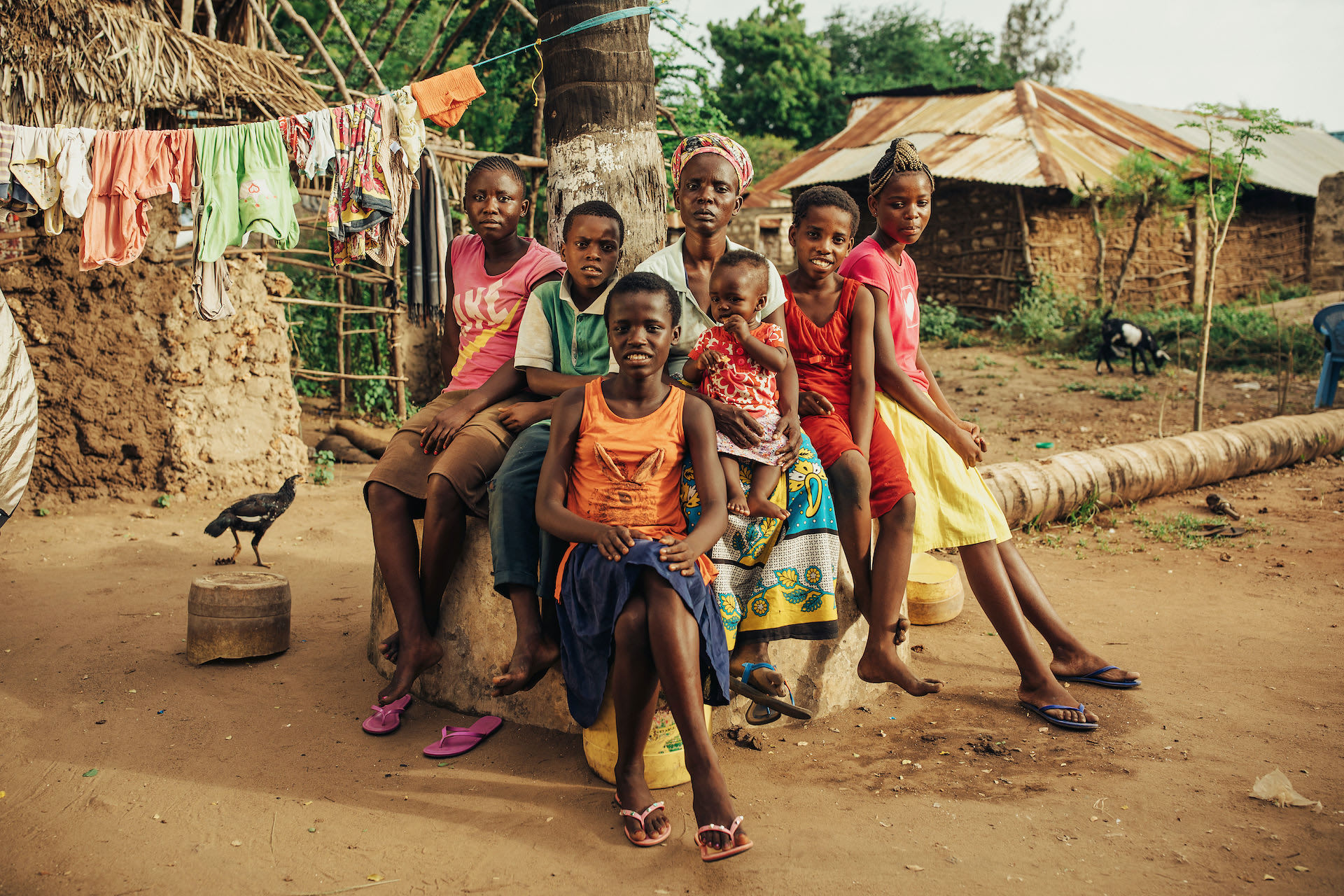The United Nations recently released the 2020 report on the Sustainable Development Goals (SDGs), sharing sobering data on the world’s progress towards goals like ending extreme poverty and increasing global food security.
The outlook already wasn’t positive prior to the outbreak of COVID-19. Now, the COVID-19 crisis is devastating global progress towards the Goals.
“Before the COVID-19 pandemic, progress remained uneven and we were not on track to meet the Goals by 2030. Now, due to COVID-19, an unprecedented health, economic and social crisis is threatening lives and livelihoods, making the achievement of Goals even more challenging.”
António Gutteres, Secretary-General of the United Nations
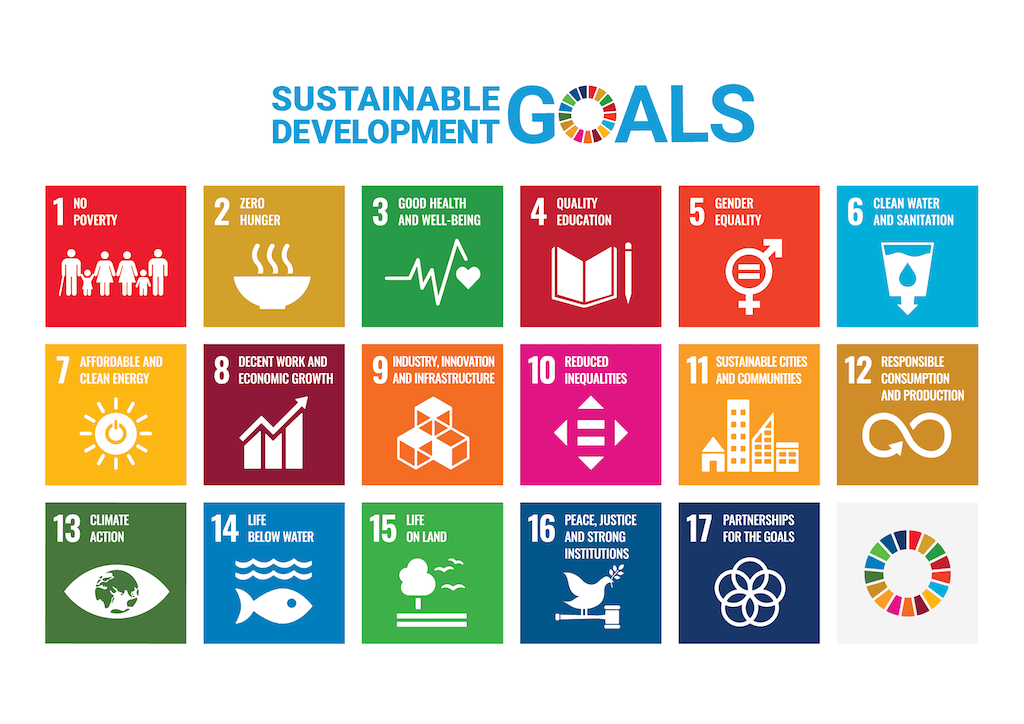
The Sustainable Development Goals were adopted by all United Nations Member States in 2015 as part of the 2030 Agenda for Sustainable Development, which also includes a 15-year plan to achieve the 17 Goals. With a decade to go to 2030, COVID-19 is changing the landscape of sustainable development work worldwide.
But the COVID-19 crisis is far from an excuse to give up. Rather, it’s only highlighted why our efforts to end poverty matter now more than ever.
“Although the novel coronavirus affects every person and community, it does not do so equally. Instead, it has exposed and exacerbated existing inequalities and injustices. Far from undermining the case for the SDGs, the root causes and uneven impacts of COVID-19 demonstrate precisely why we need the 2030 Agenda.”
António Gutteres, Secretary-General of the United Nations
Here’s what the report has to say about progress towards the first three Sustainable Development Goals, and a look at how Compassion continues to work towards the Goals alongside our local church partners.
Goal 1: No poverty
End poverty in all its forms everywhere.
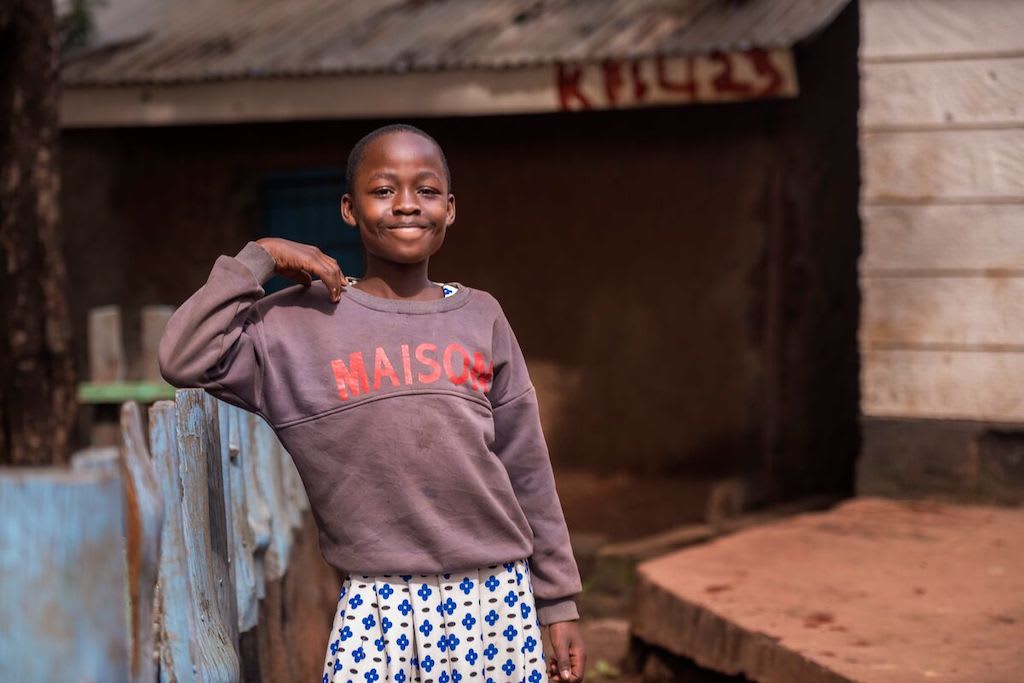
Here’s the good news: The percentage of the world’s population living in extreme poverty dropped between 2010 and 2015, from 15.7 per cent to 10.0 per cent. But since then, progress has slowed. In 2019, an estimated 8.2 per cent of the world’s population lived in extreme poverty. Prior to the pandemic, this put the world on pace to hit 6.0 per cent by 2030, short of the goal to end extreme poverty.
Now, the COVID-19 pandemic hasn’t just slowed progress, it’s reversed it.
For the first time since 1998, global poverty rates will rise to 8.8 per cent, representing an estimated 71 million people who will be pushed into extreme poverty this year.
This is due in large part to the devastation of informal economies in low- and middle-income countries. “Half of the global workforce—1.6 billion people—support themselves and their families through insecure and often unsafe jobs in the informal economy,” writes Liu Zhenmin, the United Nations’ Under-Secretary-General for Economic and Social Affairs. “[Their] incomes dropped by 60 per cent in the first month of the crisis.”
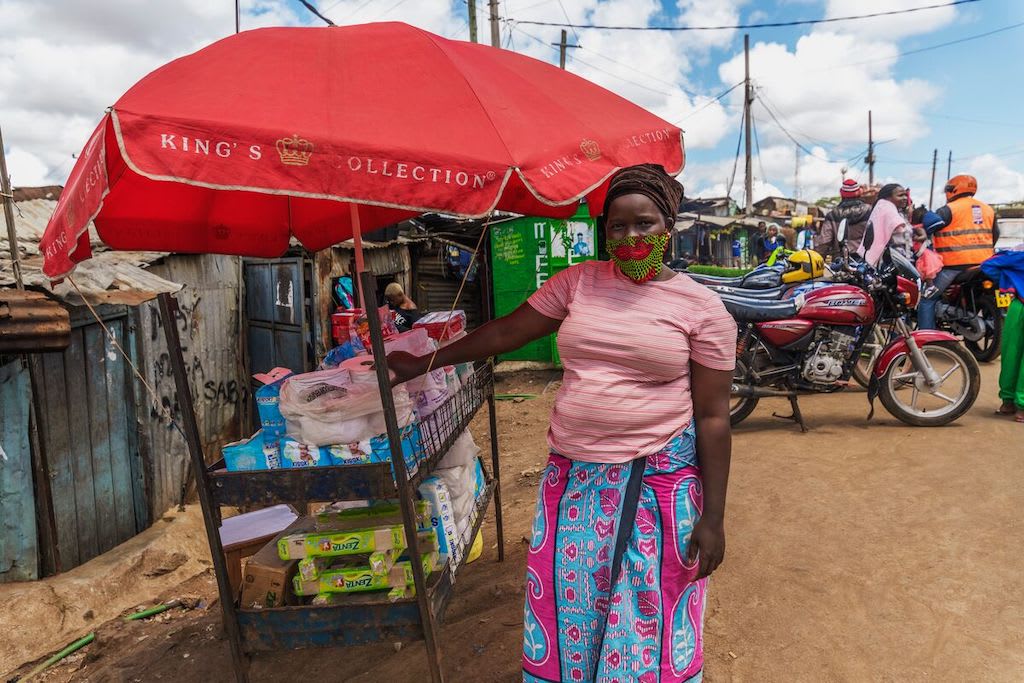
Many of the caregivers of Compassion-assisted children and youth work in the informal sector, like those living in Kibera slum in Nairobi, Kenya. When the COVID-19 crisis hit, caregivers were left scrambling, forced to make impossible decisions about the health, income, security and well-being of their families.
Reverend Gerald, the pastor at one of Compassion’s local church partners in Kibera, shares that the pandemic has challenged his community in new ways. “But we have taken it as a challenge to practice God’s word and to be His hands and feet,” he says.
As our local church partners work to fight against estimates like 71 million people falling back into extreme poverty, the prayers, generosity and support of the global church is critical to sustaining their transformative, life-saving work.
Goal 2: Zero hunger
End hunger, achieve food security and improved nutrition and promote sustainable agriculture.
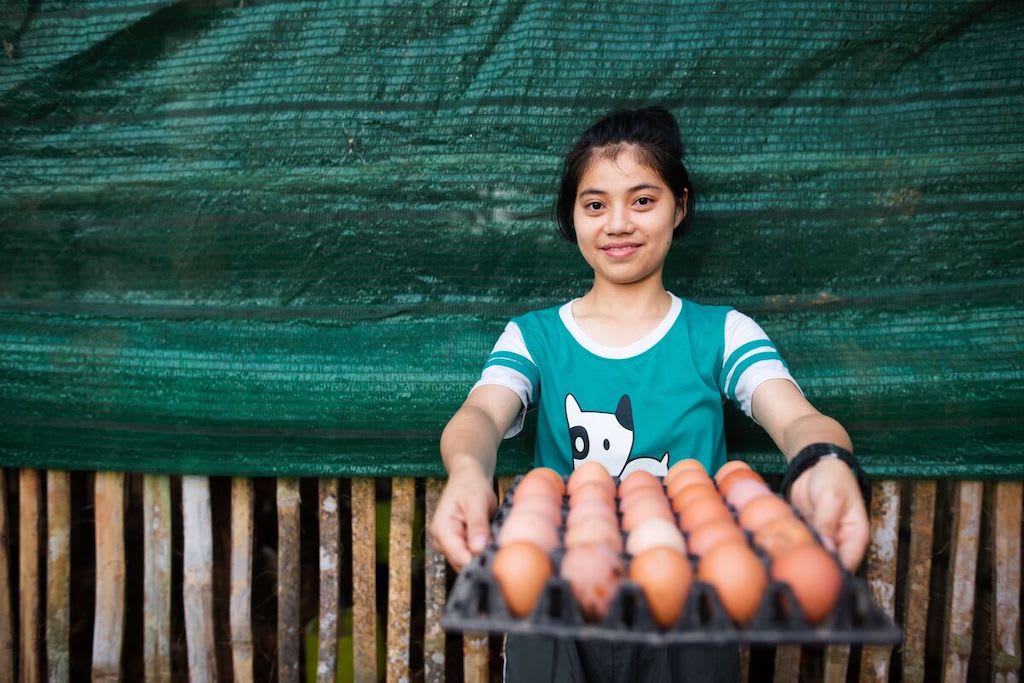
Food insecurity and undernourishment are increasing globally, pandemic or not. COVID-19 has become an additional threat to food security on top of conflict, climate shocks and the locust crisis. These factors severely limit capacity to produce and distribute food. Small-scale farmers continue to face significant disadvantages, despite accounting for between 40 and 85 per cent of all food producers in Africa, Asia and Latin America, based on available data.
“An estimated 25.9 per cent of the global population—2 billion people—were affected by moderate or severe food insecurity in 2019, an increase from 22.4 per cent in 2014. Those facing severe food insecurity—around 750 million people—tend to run out of food and, at worst, go a day, or days, without eating.”
Sustainable Development Goals Report 2020
Children under the age of five are particularly vulnerable when it comes to food insecurity. Undernutrition in children under five increases their risk of dying from common infections. In 2019, an estimated 144 million children under age five were still affected by chronic undernutrition.
In response to the COVID-19 crisis, providing emergency food packages to vulnerable families became the top priority of Compassion’s local church partners.
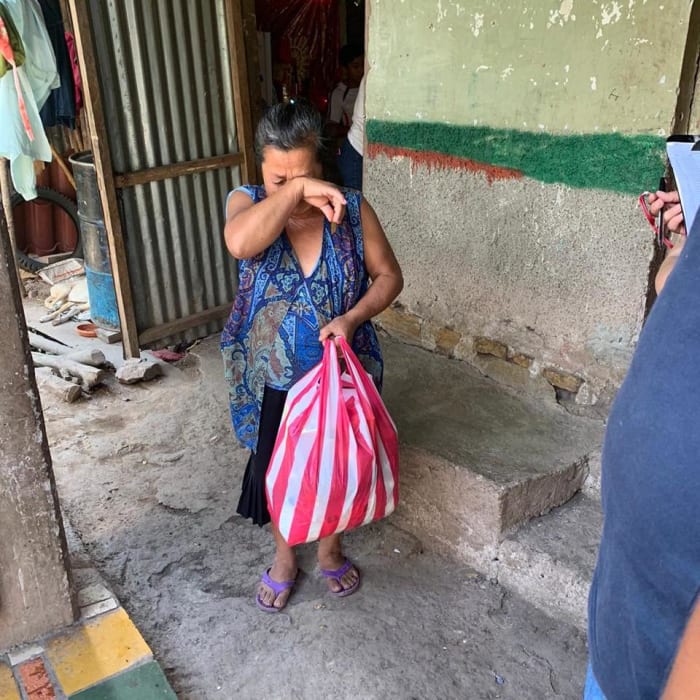
For caregivers like Reina, grandmother to Ivis, a grocery delivery from Compassion centre staff in Honduras came just in time and moved her to tears. “They had run out of food and had no one to turn to. If not for Compassion’s rapid response, Ivis and his grandmother would have been left hungry,” says Ninfa, the director of Ivis’ Compassion centre.
Compassion’s emergency response is in addition to on-going efforts to increase food security. Through interventions like the gift of livestock, Compassion is working to ensure that families living in poverty don’t just survive the pandemic, but continue to thrive long after.
Goal 3: Good health and well-being
Ensure healthy lives and promote well-being for all at all ages.
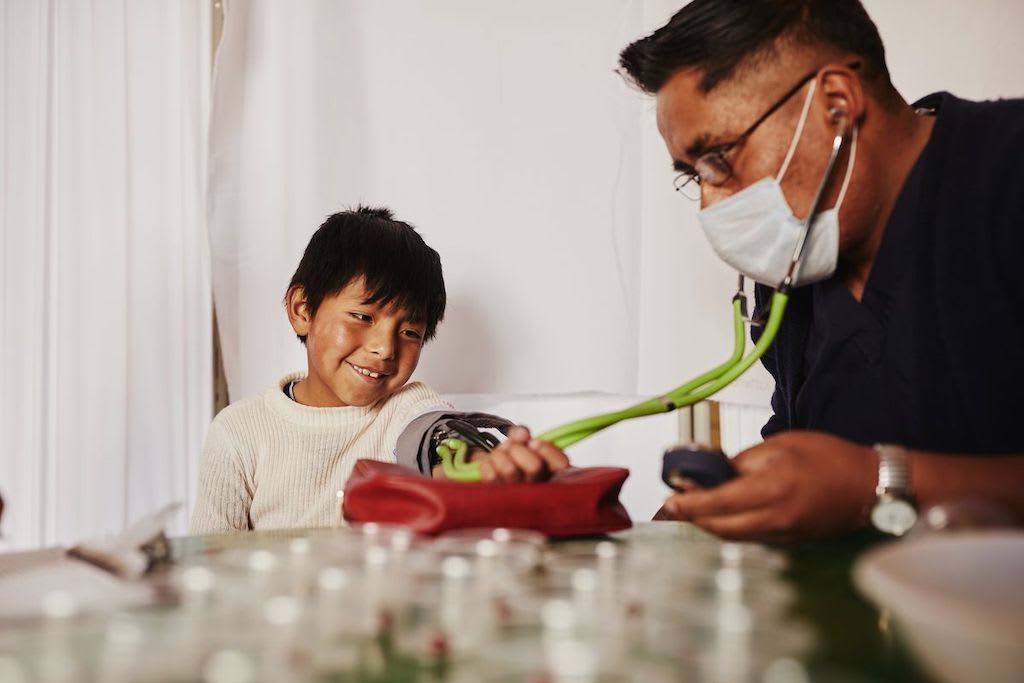
Of course, the COVID-19 pandemic has put unprecedented strain on healthcare systems worldwide. But the crisis is also negatively affecting other health-related goals.
Most significantly, progress in child and maternal health efforts is at risk. Efforts to reduce child and maternal mortality rates were yielding encouraging results: Between 2000 and 2018, the global under-five mortality rate fell from 76 deaths per 1,000 live births to 39. Between 2000 and 2017, the global maternal mortality rate fell from 342 deaths per 100,000 live births to 211. While these outcomes are still not trending towards achieving the 2030 targets, they represent heartening progress.
However, in 2018, 5.3 million children still died before reaching their fifth birthday. Sub-Saharan Africa is the most-affected region, where one in 13 children still pass away before age five. With the COVID-19 pandemic eroding health systems and increasing food insecurity, the outlook for child and maternal health is alarming.
The United Nations expects hundreds of thousands of additional under-five deaths and tens of thousands of additional maternal deaths in 2020.
At Compassion, our commitment to vulnerable moms and babies in poverty through our Survival programs remains unwavering through this crisis.
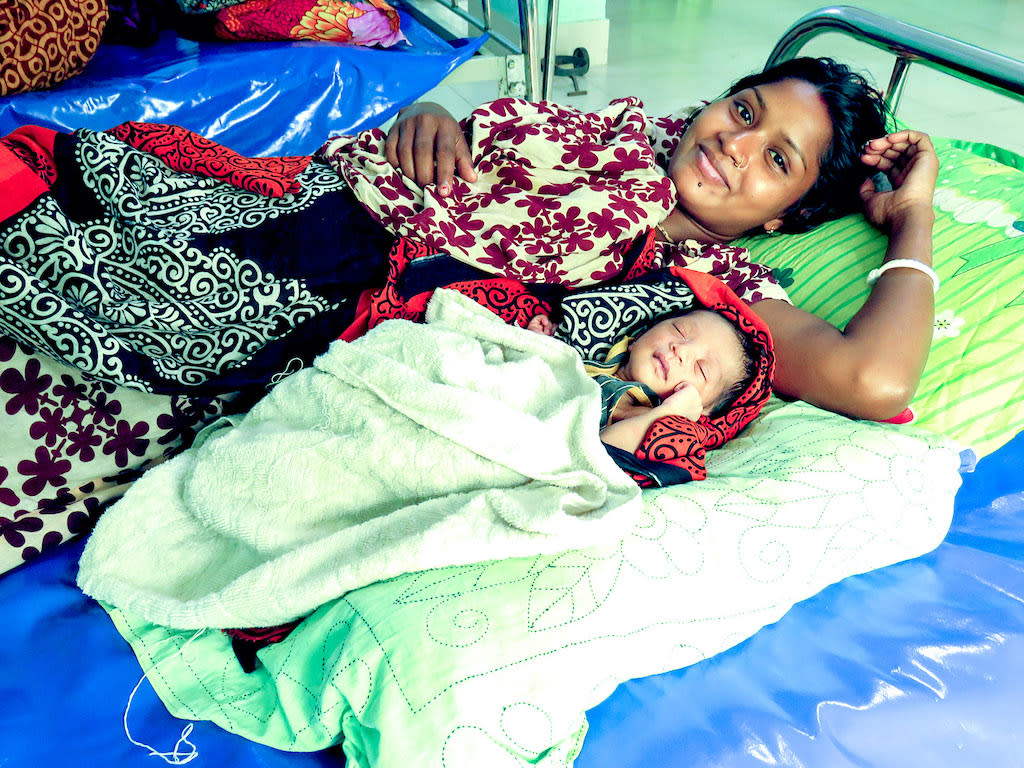
When Joya went into labour at the height of lockdown orders in Bangladesh, Alina, the local Survival program facilitator, rushed to her side. When a midwife determined the birth was too unsafe to do at home, Alina worked tirelessly through the night to get Joya to a hospital. Her efforts very likely saved Joya’s life, and the life of newborn baby Boonerjee.
Personal care from fiercely protective Survival staff is just one of the many significant things Compassion’s Survival program provides to vulnerable moms and babies. The whole Survival program is designed to equip parents living in poverty to enable their infants to survive and thrive in their first critical years of life.
The estimates from poverty alleviation experts are sobering. But we can continue to do our part to release children from poverty in Jesus’ name. In fact, in the face of these harrowing estimates, doing our part to end poverty is more important than ever.
In the words of António Gutteres, Secretary-General of the United Nations, we need “renewed ambition, mobilization, leadership and collective action, not just to beat COVID-19 but to recover better, together.”

